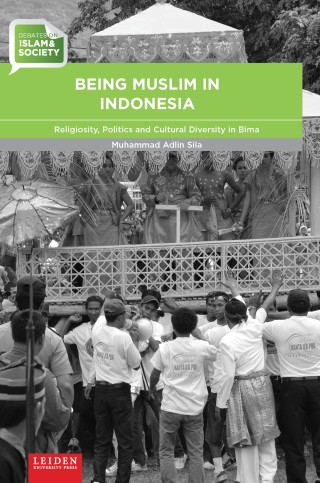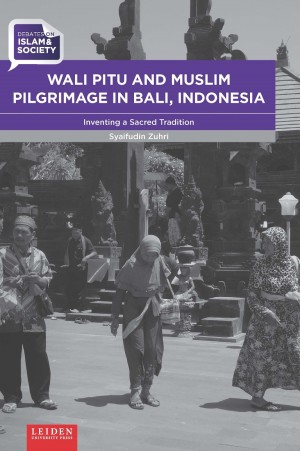"This is a highly original study, very well executed, and an important contribution to the study of Indonesian Islam. A surprisingly mature work for what is obviously the author’s first book. It is very rich in new empirical information; the analysis is sophisticated and shows that the author is not only a perceptive observer but also well versed in the relevant literature. The manuscript has a clear and balanced structure; each chapter presents significant new insights. – Martin van Bruinessen, Utrecht University This mobile ethnography on the invention, experience and place-making of vernacularized Islamic worship in Bali offers a unique and compelling account of how a new sainthood tradition has manifested itself on the predominantly Hindu island of Bali. Through a transdisciplinary view from below and the comparative study of three sacred places, the importance of translocal spatial dynamics in the creation of Indonesian Islam is shown. As such this remarkable and insightful book by Syaifudin Zuhri deserves the attention of all those who are interested in Indonesian as well as in Islamic studies. – Vincent Houben, Humboldt Universität, Berlin This groundbreaking study challenges the common stereotype of the island of Bali as a Hindu enclave within the largest Muslim country in the world, Indonesia. Based on ethnographic fieldwork, the book focusses on the recently invented cult of seven Muslim saints in Bali, called the Wali Pitu, and the pilgrimage to their graves by mainly Javanese pilgrims, which has resulted in a lucrative business of religious tourism. Highly original, the book is a must-read for anyone interested in Islam in Indonesia, pilgrimage studies and Hindu-Muslim relations in Bali. – Nico J.G. Kaptein, Leiden University In exploring a recently established famous Islamic pilgrimage from Java to Bali, its origins, the Islamic law interpretations, opinions about the supernatural, and the social and economic implications, the book provides a rare insight into the life of ordinary Indonesians and abounds with well-chosen quotes from interviews. Package tours to the sacred sites are booked by Muslims of very modest means, eating at simple stalls and used to the most basic accommodations; a far cry from ‘Hajj plus tours’ for the rich, or the roads to some of the sites in Java, laid out to allow for Mercedes-chauffeured traffic. – Kees van Dijk, Leiden University "

